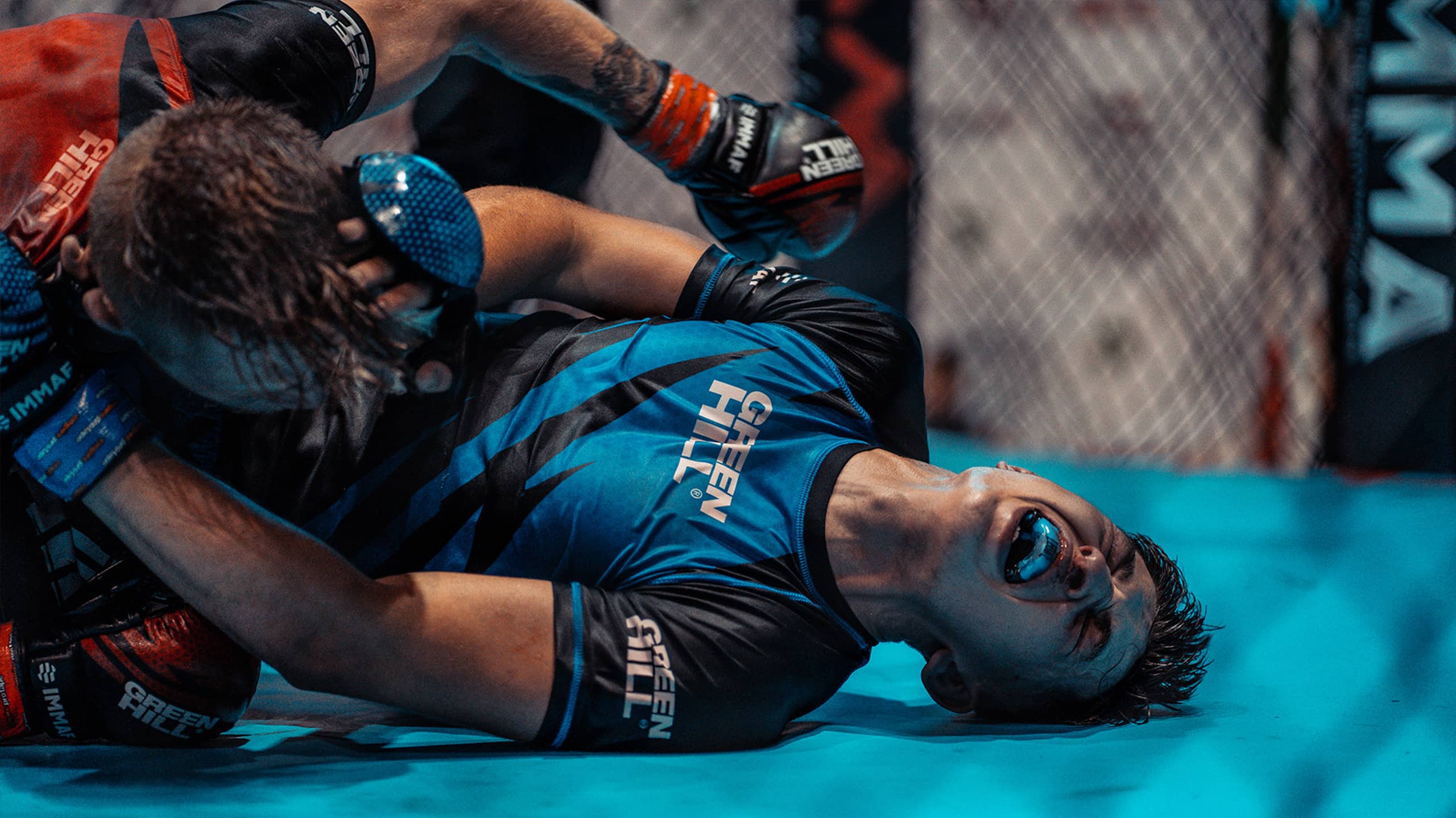By IMMAF.org lead writer and website manager, Jorden Curran
The implementation of anti-doping can only go so far without of the backing of the World Anti-Doping Agency (WADA) to support an imposed sanction.
Despite being the proclaimed foundation initiated by the International Olympic Committee (IOC) to promote the fight against drugs in sport, WADA may now have lost sight of it’s responsibility.
In January it was reported that IMMAF’s full application to become a signatory to the WADA code had been rejected. IMMAF heads Kerrith Brown and Densign White attributed the setback to conflicting interests and ‘disturbing politics‘ that are undeniably rife within the sporting community, while IMMAF itself had shown full compliance to the requirements of the WADA code.
“WADA missed an opportunity,” believes IMMAF CEO Densign White. Recognition of the world’s sole international governing body for Amateur MMA would enable WADA to get a handle on anti-doping within the sport, from the grass roots upwards, worldwide.
Mr White continued, “What’s likely to happen is athletes will bypass a sanction simply by turning pro. WADA could give more teeth to penalties imposed for doping violations, as not all private promoters show respect for the importance of upholding the integrity of anti-doping processes. The support of WADA would be a catalyst for the involvement of national governments to uphold a ban, bringing about significant developments in regulation and safety.”
In addition, WADA’s decision not to accept IMMAF’s application damages IMMAF’s ability to fully implement Anti-doping testing and process and therefore its work to fairly improve participant safety. For example, White revealed that the process of gaining a legitimate Therapeutic Use Exemption (TUE) has been hindered.
“Athletes who have approached doctors and their national doping agency for a TUE recommendation have been turned away, due to MMA not being recognized, but it would not be an issue for a judoka or wrestler, for example. It would be incredibly sad to see athletes miss out on competition because of something like this, those who have a genuine need for a TUE. Athletes who go on to compete regardless without disclosing their issue will of course fail a doping test and in turn can be sanctioned to the full extent. This can be avoided and better helped with the support of WADA, as it is for other sports.”
IMMAF’s Anti-doping Consultant, Michele Verroken, of Sporting Integrity has also cited the ensuing logistical hurdles to realising an out-of-competition testing programme.
Non admittance to WADA disallows access to the ADAMS system (Anti-Doping Administration & Management System), a web-based database management system provided by WADA to support the activities of stakeholders and athletes worldwide.
Crucially the system includes an Athlete Whereabouts function that allows athletes to comply with the whereabouts rules of their sport by entering their location information from anywhere in the world.
Under the slogan of ‘Play True’, WADA’s stated mission is to “lead a collaborative worldwide movement for doping-free sport”. Describing its code as “the document harmonizing anti-doping policies in all sports and all countries”, it promotes the ADAMS system as a fulfilment of its “obligation to coordinate anti-doping activities and to provide a mechanism to assist stakeholders with their implementation of the Code.”
Despite being barred from association to WADA and use of its facilities, IMMAF has – against the odds – maintained its proactive approach to combatting doping in MMA.
Most recently, on 11 January IMMAF announced that two World Championships silver medal winners had been stripped and suspended for doping violations.
]]>

